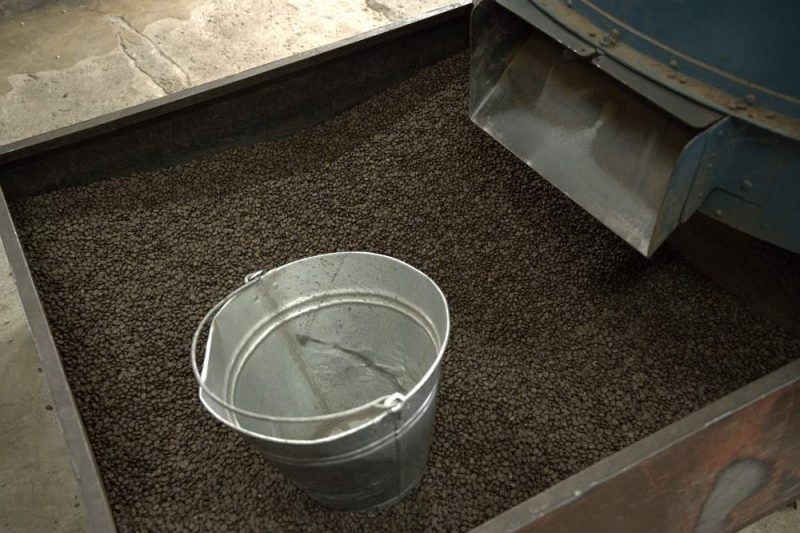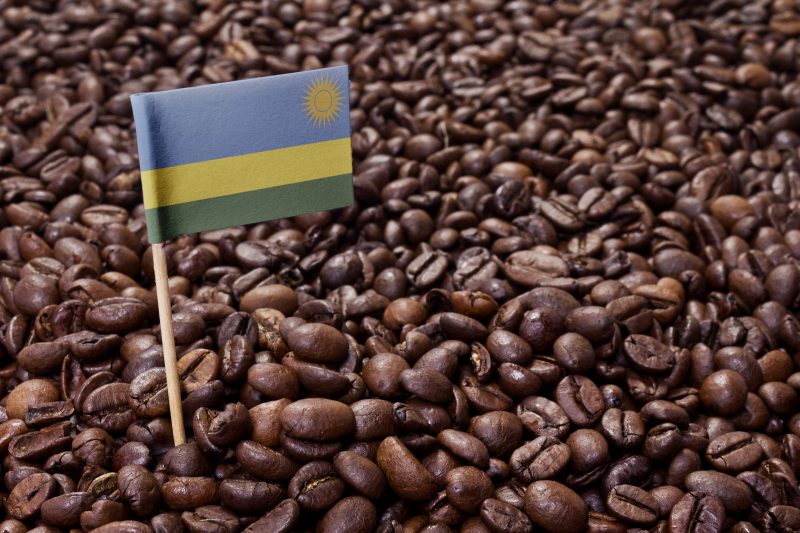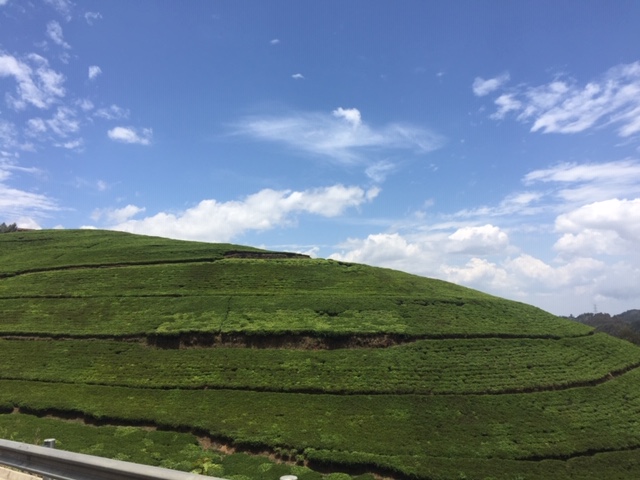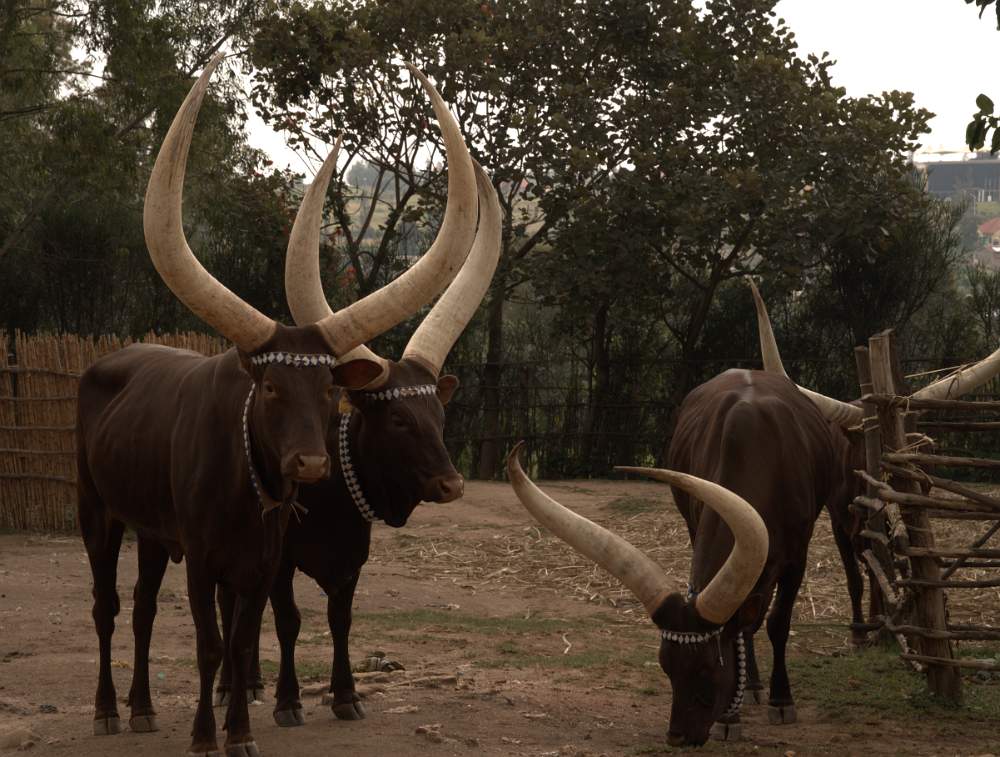Agro-tours in Rwanda and Burundi are one of the tailor-made tour programs that give a unique and culturally authentic experience. The agricultural sector employs more than 80% in both countries. International or regional associations of professional tour operators specializing in agriculture tourism should consider developing this type of tourism in this region.
Agro-tourism by definition involves any agricultural programs that attract visitors to a farm or a ranch. All over the world, there is a rising need and interest to know how food is produced. Many people want to talk to farmers and processors to know what goes into food production. This reason creates an opportunity to ranchers and farm owners to exploit the need to create awareness of their products. In Africa, countries such as Rwanda and Burundi, are slowly catching up to this new approach to promote their coffee and tea cultivation which is one of their major exports.
Coffee plantations and factory tours in Rwanda and Burundi


A tip of the iceberg for the tourists is the hike to the historical Nyirankoko hills where participants are able to learn and understand the history and culture of the people. This program is a big marketing strategy for Rwanda’s coffee industry with most tourists who have participated, spreading the word of its uniqueness through writing blogs, etc. Most tourists come from Europe, USA, China, and Japan increasing the competitiveness of this coffee globally.
Tea plantations and factory tours in Rwanda and Burundi
Tea is one of the largest exports for Rwanda while Burundi produces one of the best varieties in Africa due to highly favorable conditions.
In Burundi, at least 95% of tea produced is for export and the majority comes from the major five factories in the country operated by Office du The du Burundi (OTB). Here the production is faced with many challenges and the only type of agro-tourism is agricultural shows that help educate the locals on better ways of growing and harvesting their plants.

However, in the neighboring country Rwanda, tea plantation safaris offered by farmer cooperatives are taking place in many places including Nyungwe national park, Gisovu, and Gisakura. At Gisovu, the shimmering fields and the winding pathways sit right up to the primeval Nyungwe forest where the estate offers both tours and accommodation.
At Gisakura, the most beautiful tea estates, tours, and tea tasting services are offered. The safari allows participants to appreciate how tea is planted, harvested and processed to taste sweet. Also, the scenic views of the plantations landscaping the mountains is a major aesthetic to most tourists.
Milking Tours in Rwanda and Burundi
Milking -meaning of a cow in Rwanda and Burundi Cattle ‘cow’ is a significant part of the Rwandese culture since history. They were seen as a sign of wealth and a man’s wealth was considered by the number of long-horned cattle he possessed, thus the obsession of rearing cows till to date.
According to their culture, cows would be given names according to their time of births, characters as well as the favors they have before their owners. The culture is so deep-rooted that they even had taboos around cattle rearing e.g. one was not supposed to smoke when milking or contaminate the milk with any beverage. A meal is considered not complete without taking a glass of milk. This has majorly impacted on dairy farming in Rwanda promoting its production and attracting foreigners who come to learn about the culture and enjoy the milk.
In Burundi as well, cows were a sign of wealth and are used for payment of dowry to date. Burundians were rearing the indigenous Ankole cattle. Men recited poems as they took them for grazing, and one would say they saw them as people. Cow meat was eaten occasionally, and, in some regions, it was a taboo to boil milk since there is a belief that it would interfere with the cow’s daily production. However, that was before the civil war which decimated most of the cattle they had. Now Burundi is trying to rebuild its herds but at the cost of forsaking tradition.


